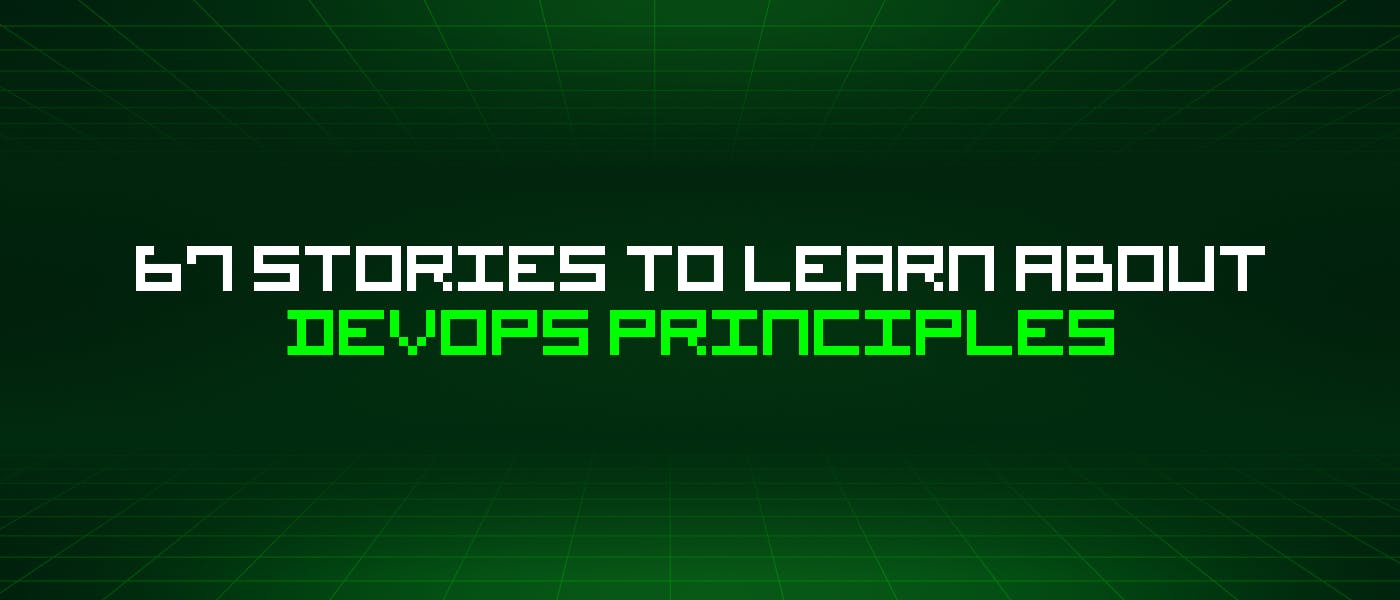259 reads
67 Stories To Learn About Devops Principles
by
April 24th, 2023
Audio Presented by

Lets geek out. The HackerNoon library is now ranked by reading time created. Start learning by what others read most.
About Author
Lets geek out. The HackerNoon library is now ranked by reading time created. Start learning by what others read most.
